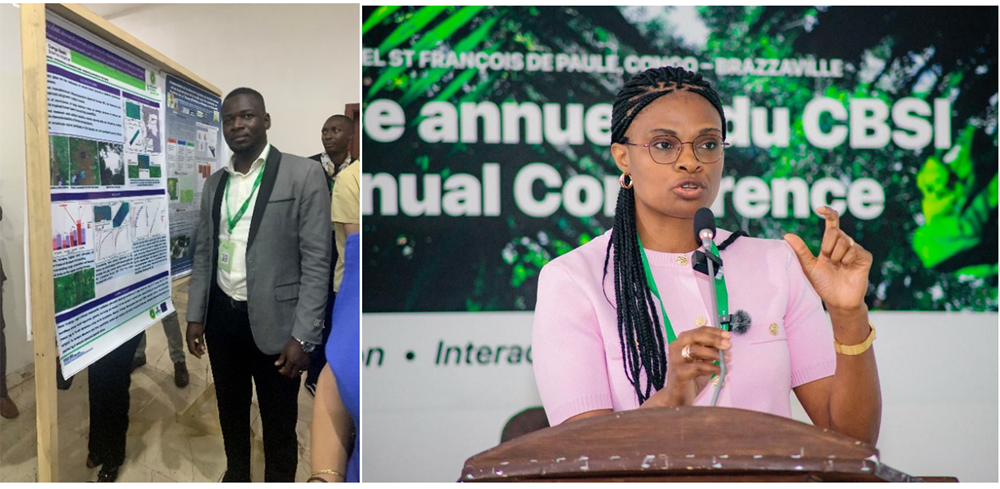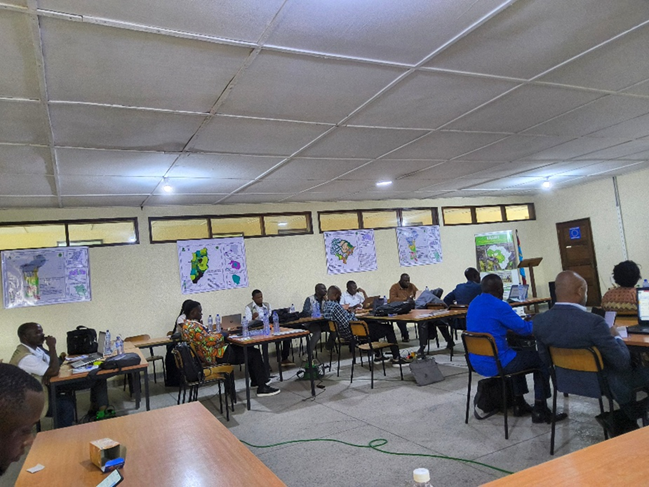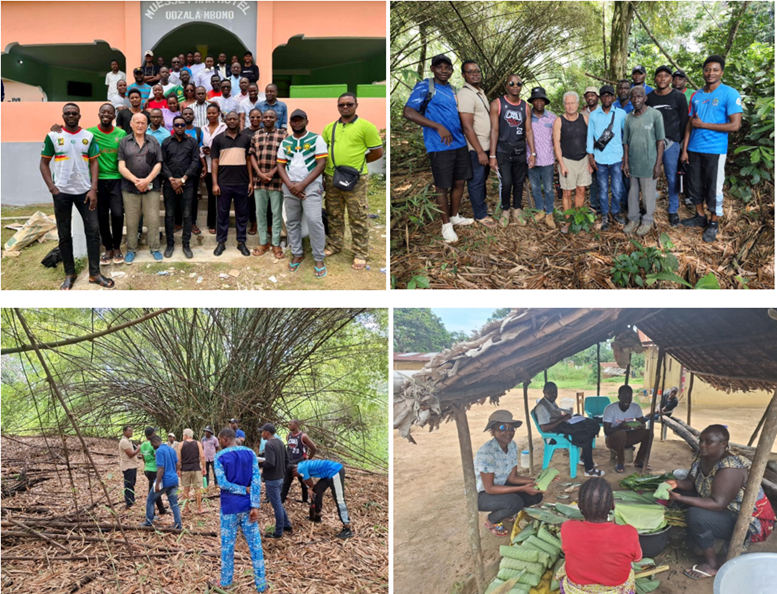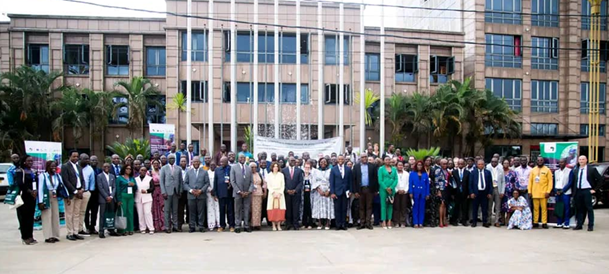From 7 to 9 January 2026, ERAIFT, through its researchers and PhD candidates, took part in the First Annual Conference of the Congo Basin Science Initiative (CBSI). On the sidelines of this event, several research studies conducted in the Congo Basin, in which ERAIFT is closely involved, were presented and discussed.
Like ERAIFT, which promotes an integrated and systemic approach in its training and research activities, CBSI is an initiative whose vision is to address knowledge gaps by promoting integrated, relevant, and policy-relevant science. In this context, this first conference, held under the theme “Information, Interaction and Inclusion,” aimed to strengthen and facilitate collaboration among researchers in the Congo Basin; to develop plans to coordinate and collect data distributed across the Congo Basin region within six thematic observatories—climate, hydrology, vegetation, biodiversity, land use, and socio-ecology; to present research broadly aligned with these six observatories, with a particular focus on early-career researchers; and to establish syntheses, synergies, and impacts, including how scientific results that enhance forest protection and improve the livelihoods of local forest communities are generated.
ERAIFT expresses its deep appreciation to the CBSI Steering Committee, the UK International Development, and all its technical partners working in the Congo Basin for this fruitful collaboration, which contributes to strengthening the scientific network in the sub-region. ERAIFT also extends its sincere thanks to the European Union for its continued support.






